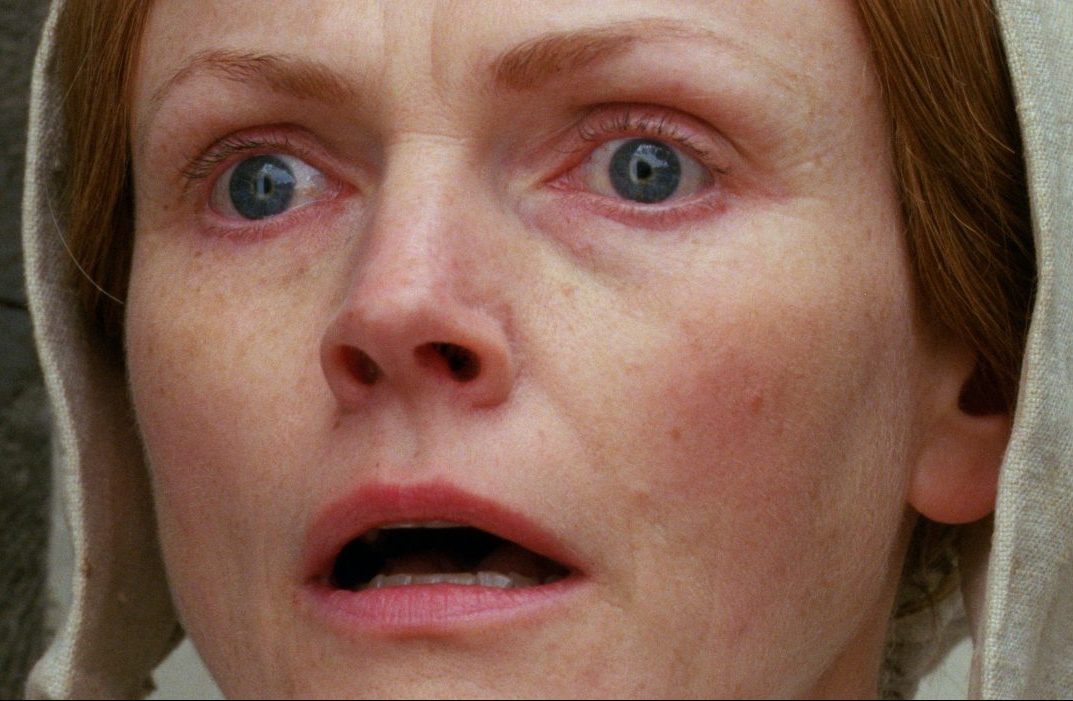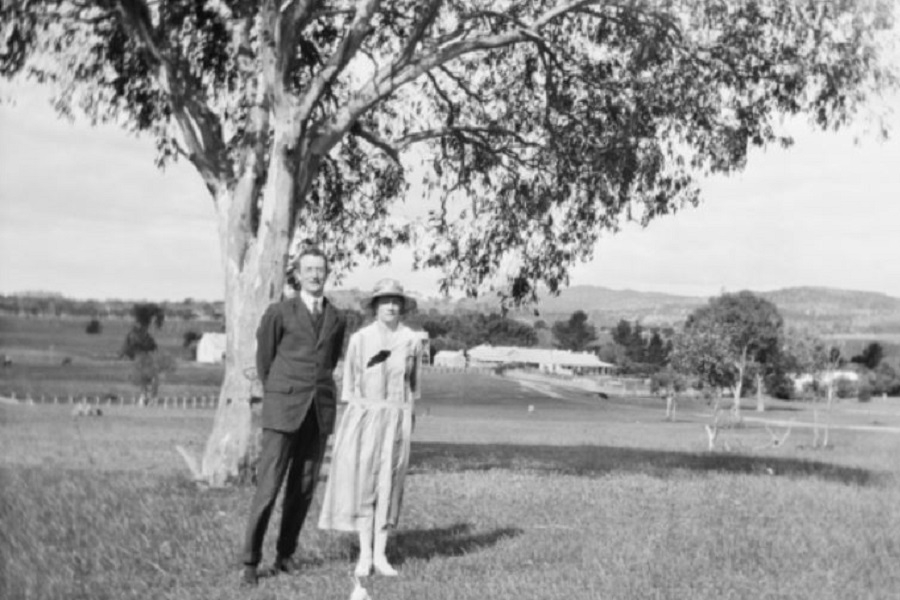
“Fanny Lye Deliver’d” (M) ****
THERE’S more to the third feature by British filmmaker Thomas Clay (writer, director, producer, editor, musical orchestrator) than just the coloured shadows it makes on cinema screens.
For dramatic fabric, it goes back nearly four centuries to when the English were savagely divided about the right way to worship their Christian god.
On one hand were the Puritans, whose approach for a century and more had been austere, dour and inclined to refrain from anything that smacked of any of life’s joys. On the other, a rather libertarian approach to worship and daily life.
It’s not a “nice” movie. Set on a Shropshire farm, it tells about a handful of days in 1657, the last year in which Oliver Cromwell ruled the country as Lord Protector. Next year, his death led, after his son proved incapable, to the beginning of the political governance of the UK in its present form (after a few developments not relevant here) and the return of the monarchy.
The action unfolds in an era about which filmmakers have not made any great number of movies based on the common folk. So “Fanny Lye Deliver’d” may be called something of a ground breaker, a 21st century creature that impressively honours its historical inheritance.
The story centres on the farm where Puritan John Lye (Charles Dance) lives with his wife Fanny (Maxine Peake) and their pre-adolescent son Arthur (Zak Adams). There’s no question about who rules the roost in that household. Going to church, John rides the stocky little pony that also does farm tasks while Fanny and Arthur trudge along behind.
On the day the story begins, while the family is at church, Thomas (Freddie Fox) and Rebecca (Tanya Reynolds) arrive at the farm, on the run for misdemeanours unspecified but not difficult to imagine. Thomas and Rebecca need help. When first seen, they’re naked, rather implying that they have been disturbed while making love. Uninvited, unseen, they move into the farmhouse and make themselves comfortable with food and clothing.
The Lye family has returned and the inevitable conflict between John and Thomas is well-established by the time three down-at-heel jacks-in-office – the High Sheriff for the Council of State (Peter McDonald), his deputy (Perry Fitzpatrick) and a constable (Kenneth Collard) arrive in pursuit of Thomas and Rebecca.
The plot’s three pivots are now in place to do Thomas Clay’s bidding. The screenplay invites perceptive filmgoers to observe how their behaviours reflect those of their 21st century counterparts.
By the time the end credits start rolling, the film will have served up a full banquet of stuff that might well have once led to an R classification but is today merely MA15+. A farmyard littered with bodies covered in blood and mud is the least of the film’s authenticities.
The end credits include the craftspersons who have created visual authenticity and fidelity to time and place which, together with a talented cast telling a credible story, make “Fanny Lye Deliver’d” a movie that deserves to be widely seen.
At Dendy
Who can be trusted?
In a world of spin and confusion, there’s never been a more important time to support independent journalism in Canberra.
If you trust our work online and want to enforce the power of independent voices, I invite you to make a small contribution.
Every dollar of support is invested back into our journalism to help keep citynews.com.au strong and free.
Thank you,
Ian Meikle, editor








Leave a Reply